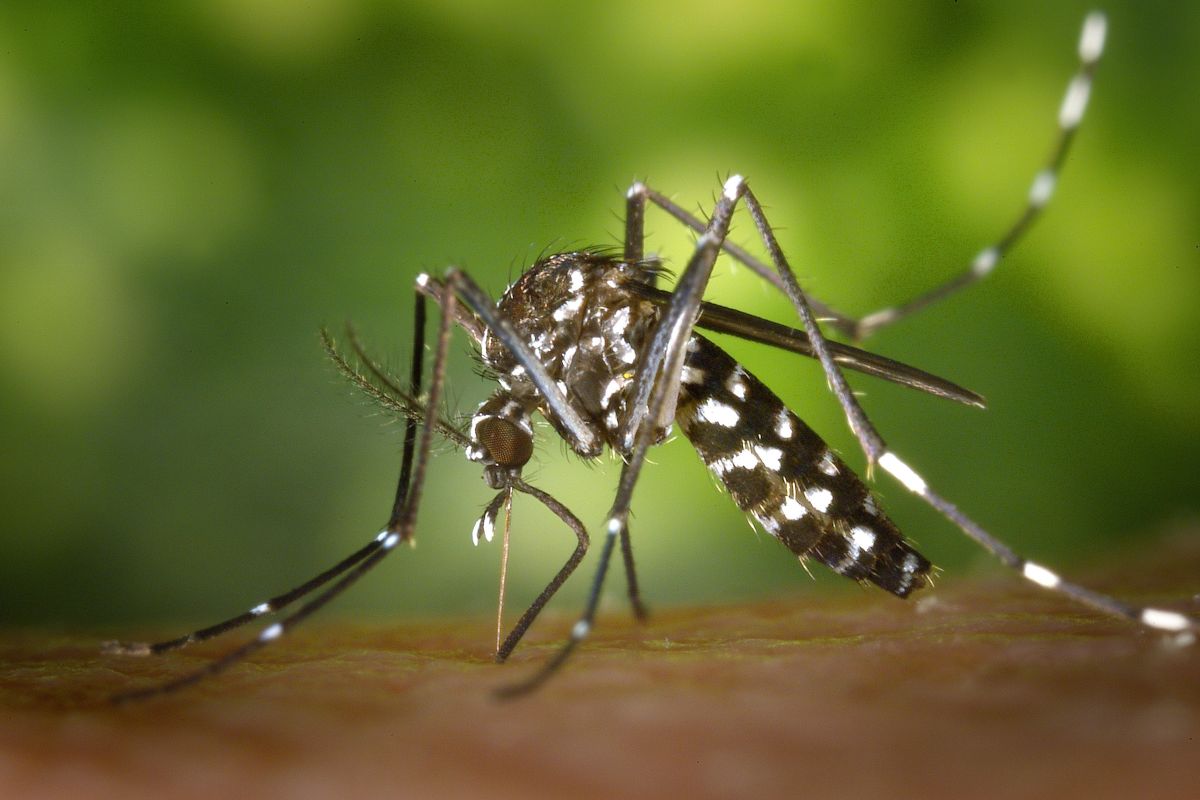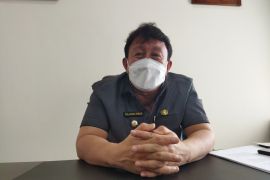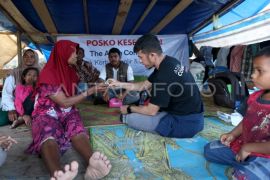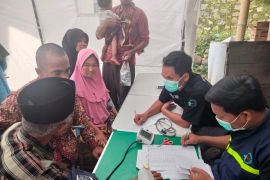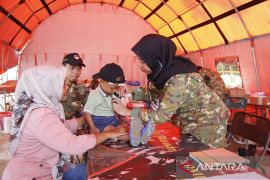"We have a cross-institutional program in the form of the operational working group. We will evaluate the programs and then see how effectively the program can be implemented," Harbuwono said during an interaction with the media in Jakarta, Tuesday.
The deputy health minister remarked that the program's evaluation will be conducted by the Ministry of Health along with other relevant ministries and institutions.
The success of this program will be indicated by a decline in the number of transmissions, treatment, and deaths due to DBD, he stated.
Related news: Health Ministry prepares road map for KRIS program
One of the programs that had been running is mosquito larvae monitoring or Jumantik that is implemented in every neighborhood. The program aims to encourage the community to actively monitor the environment and prevent mosquito larvae nests.
"This Jumantik aims to monitor the environment to look for larvae that can breed in water puddles, and that must be resolved in the community independently," he explained.
Recently, the Ministry of Health collaborated with the private sector to launch a mobile educational car in an effort to provide advice regarding the implementation of a Clean and Healthy Lifestyle (PHBS) and DBD prevention through the 3M Plus movement comprising draining water reservoirs, closing water reservoirs tightly, reusing or recycling used goods, and preventing mosquito breeding places.
Related news: Caution key for handling COVID case rate dynamics: ministry
Until June 2022, Harbuwono stated that the number of dengue cases in Indonesia had reached around 52 thousand, with mortality cases recorded at 516. Pediatric patients chiefly constituted the number of dengue cases since children spent more time indoors. Moreover, a dark and closed room could be favorable for the Aedes aegypti mosquito to spread DBD.
"Children, who often stay at home, are likely to contract dengue fever," Harbuwono stated.
Related news: Booster vaccine necessitated as travel requirement amid rising cases
Related news: Special cars deployed to disseminate dengue prevention information
Translator: Suci Nurhaliza, Resinta S
Editor: Fardah Assegaf
Copyright © ANTARA 2022
